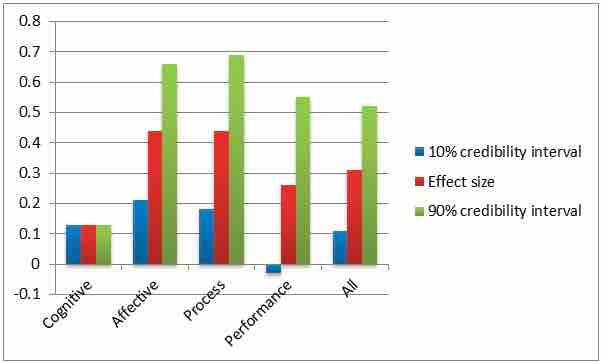The Modern Organization
Teams are increasingly common and relevant from an organizational perspective, as globalization and technology continue to expand organizational scope and strategy. In organizations, teams can be constructed both vertically (varying levels of management) and horizontally (across functional disciplines). In order to maintain synergy between employees and organize resources, teams are increasingly common across industries and organizational types.
The Role of Teams
The primary role of a team is to combine resources, competencies, skills and time to achieve organizational objectives. The underlying assumption of a well-functioning team is one of synergy, which is to say that the output of a team will be greater than the sum of each individuals contribution without a team architecture in place. As a result, teams are usually highly focused groups of employees, with the role of achieving specific tasks to support organizational success.
Cross-Functional Teams
Some organizations have a need for strong cross-functional teams, which enable various functional competencies to align on shared objectives. This is particularly common at technology companies, where a number of specific disciplines are combined to produce complex products and/or services.
Team Processes
When considering the role of a team, it's important to understand the various processes which teams will carry out over time. At the beginning of a team set up (or when redirecting the efforts of a team(, a transitional process is carried. Once the team has set strategic goals, they can begin progressing towards the completion of those goals operationally. The final team process is one of interpersonal efficiency, or refining the team dynamic for efficiency and success.
More specifically, these processes can be described as follows:
Transitional Process
- Mission analysis
- Goal specification
- Strategy formulation
Action Process
- Monitoring progress toward goals
- Systems monitoring
- Team monitoring and backup behavior
- Coordination
Interpersonal Process
- Conflict management
- Motivation and confidence building
- Affect management

The Impact of Team Building
This chart visualizes data from a study on team-building, and it's impact on team performance. Building a strong organizational culture for successful teams requires commitment to team processes.